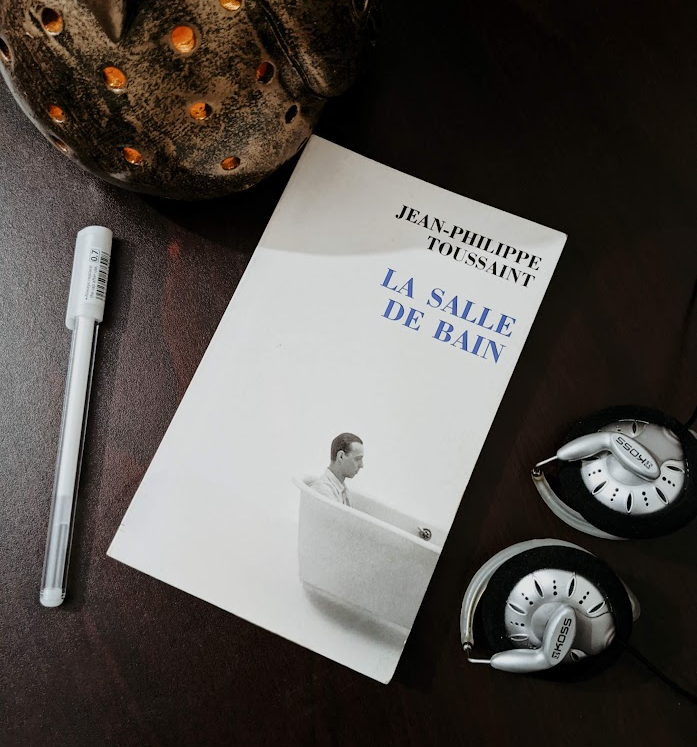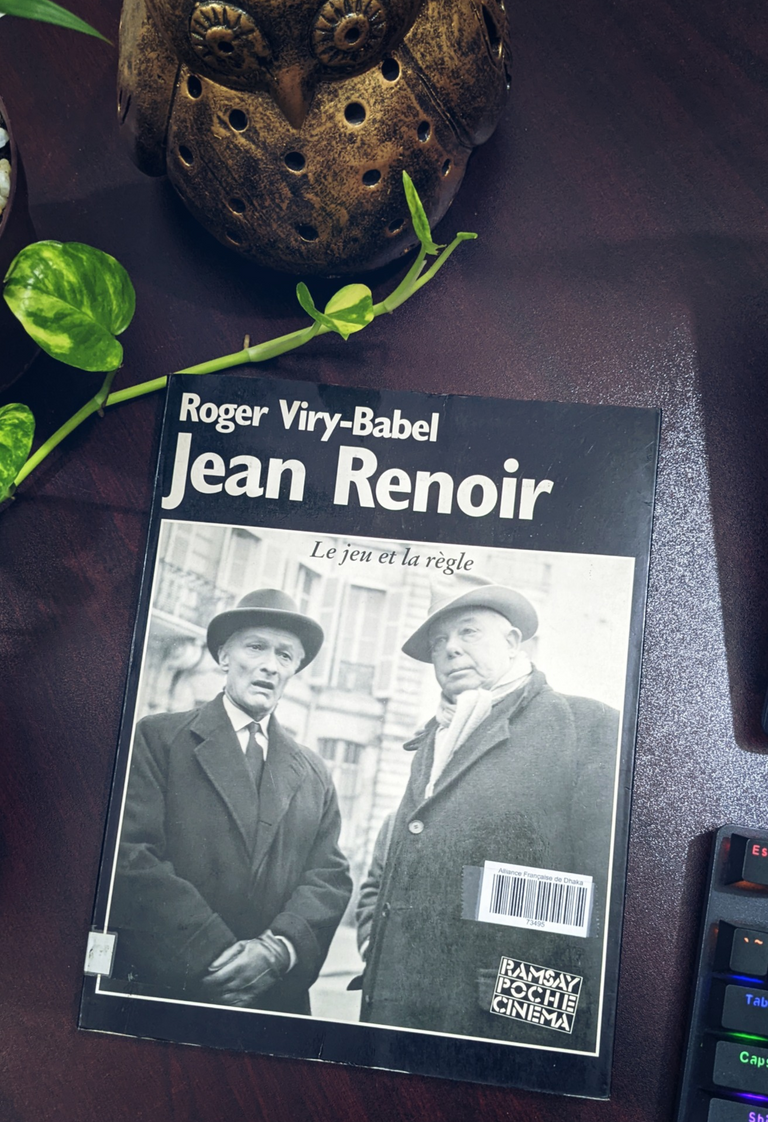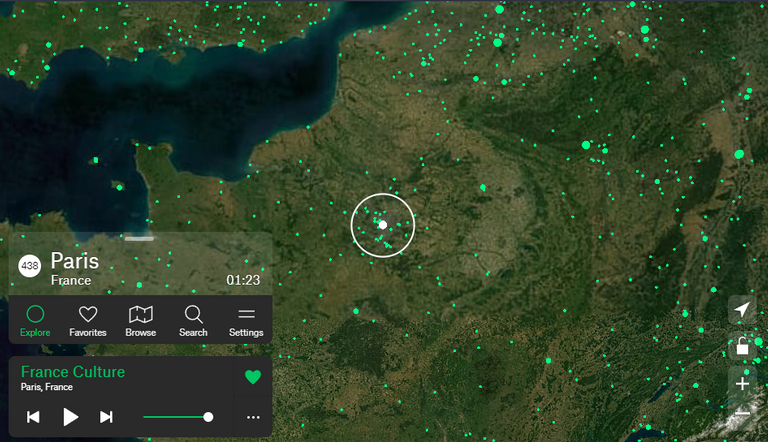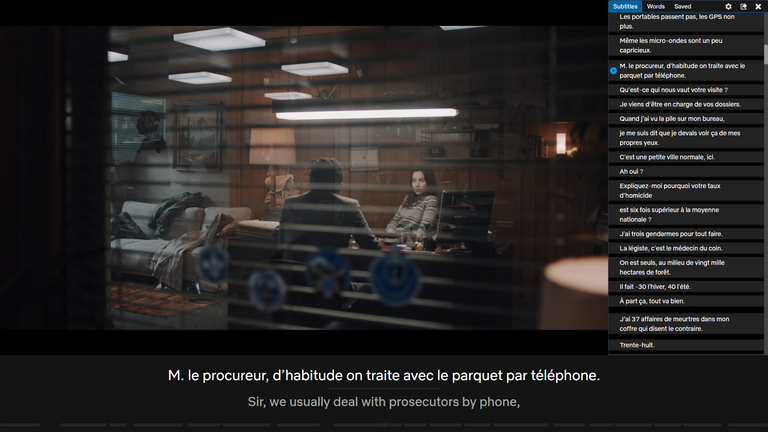
If you're not a language enthusiast and aren't familiar with the little corner of the internet that spends its days oozing over languages, let me tell you, it's a chaotic world ruled by an equally chaotic bunch out there. I do not necessarily say this in a bad light, rather I'm pointing at how disorganized and complex it is. Most of the said complexity arises when the methods or processes of language learning are placed in question.
Of course, language acquisition is not a pure science, there aren't fixed rules on how to go about it. Many scholars tried different and innovative ways over the hundreds of years. Some of them are more popular than others. Even when there's a fixed curriculum, for example, institutionally—the teachers have distinct teaching styles that can vary a lot.
I remember one of my teachers at Alliance Française used to explain a grammatical rule with thousands of examples, and then mock us later on if we still made mistakes. Another one focused on whether the class could guess the gist of things. He was extremely flexible. But in their cases, all of them had to follow the same book, teaching manuals.
The chaos begins when you try to learn the language on your own and you go online and look for guidance. Now some gurus will tell you flashcards are paramount, some will tell you they aren't all that important. Some will only focus on the conversational method and ignore the grammar altogether, like the Pimsleur method, and some would suggest without grammar you'll never be good. Some will ask you to do intensive reading, some would suggest you do extensive reading no matter the content, it also doesn't matter whether you have total comprehension or none at all. There's also the idea of spaced repetition, where you keep teaching yourself some rules or vocabulary at a certain interval. Some would swear by keeping a language journal where you write down your progress. These suggestions are all good, some work for you, some don't.
I think the funniest and craziest suggestion is to get a girlfriend/boyfriend who is a native speaker of the target language. Tell me then genius, if I already have a partner, how am I gonna get a foreign partner? And let's presume I don't have a partner, and let's also presume I get myself a foreign partner—what happens if they know the real reason behind my interest in them? Isn't it transactional? You're kind of being unfaithful and unfair to them. Also what kind of a lover would I be if I just pick someone based on their language skill rather than following my heart? It's no different than being a gold digger.
I understand why they suggest it though, the idea is to maximize immersion. They also suggest traveling and living in a country where the target language is primarily spoken. This is an excellent method no doubt but not every language learner has the kind of time, scope, or means to do it realistically.
There are also different language apps, like Duolingo, babel, rosetta stone, busuu and they all have different teaching methods.
I've tried many things over the years and decided favorably upon the methods that work for me and discarded the ones that don't. Now I don't try everything, don't jump at the newest thing a new polyglot is suggesting on their YouTube channel.
First of all, I don’t find much value in investing time or money in apps. I’ve tried using them time and time again for a long time and I always stop using them after a while. I know other people can make them work, but they don’t work for me. A human teacher can overlook your spelling mistake and help you along the way, apps just show you errors even if you mess up an accent sign or grammatical format.
I don't like flashcards. Maintaining them is too much work IMO, as you have to input words and their definitions manually. I find the Pimsleur audio method a bit too situation-specific and the lack of grammatical focus kind of makes me feel like I'm lost in a jungle. I like a methodical approach to anything. Form! The Form! Yes, I'm a structuralist when it comes to art as well, you guessed that right!

Now intensive reading is something I do like a lot, but the problem is when you stop to look up every unknown word that pops up on your way, you tire yourself out. It can feel exhausting. I'm currently doing extensive reading and a renowned linguist Dr. Stephen Krashen argues that it helps build a personal lexicon and language acquisition. Sometimes I do look up words, and these automatically get added to my vocabulary builder on Kindle, which I can review later on. This method then solves the flashcard problem for me.

As for immersion, I'm using the radio, keeping it playing in the background all the time (https://radio.garden/ is the site and it’s wonderful). Films and TV shows as well as music are other sources, although because of their artistic nature, they can get pretty obscure with meaning sometimes. They help, at any rate. My practice buddies are other students at Alliance Française, we sometimes do speaking sessions.
So to sum up, I engage in French media (radio, tv, movies, music), do extensive reading with French books and of course, I do these practices while maintaining the language course AF offers. Compared to what's out there, I think this is pretty much simplified.

All photos are mine.



